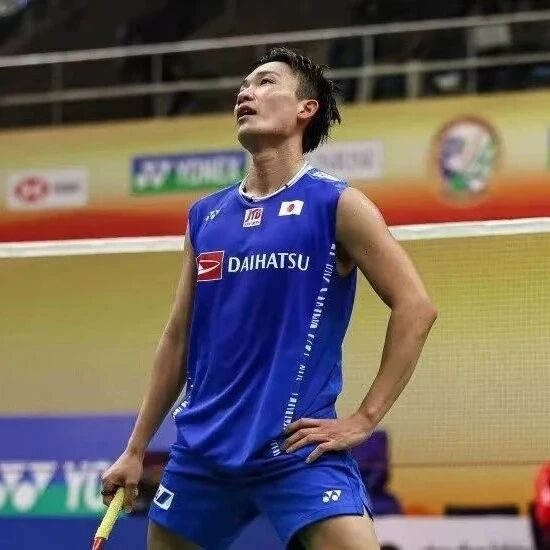You can't truly understand badminton unless you watch Lee Chong Wei!
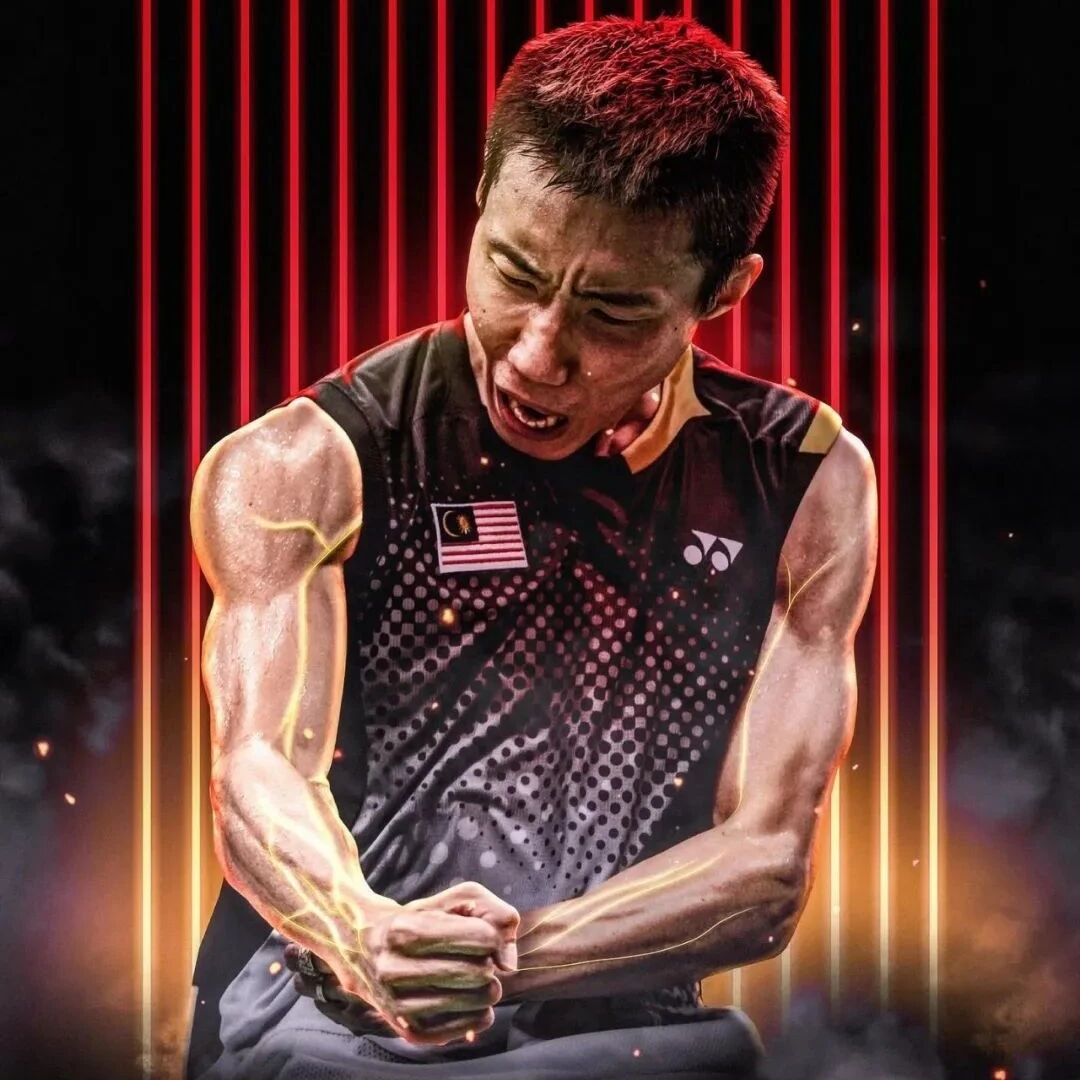
The Belief of the Badminton World — Lee Chong Wei
After countless rumors had built the groundwork, "the rumors" finally became reality. On the other side of the internet, the public—deeply sympathetic to him—showed overwhelming support for his retirement, with 80 percent standing firmly behind the decision. Everyone was rallying around him with the most positive mindset possible, urging him to reconcile with his past self, embrace the realities of his body, and offering comfort as he prepares to let go of the old chapter and start anew.
Still, when you see him breaking down in tears behind the microphone, a surge of heartfelt courage still wells up from within—you bid farewell to the final, fearless chapter of your youthful days.
At his peak, he poured his heart and soul into every match—truly a spirit unyielding and exhilarating. Through three Olympic Games, he fearlessly confronted his inner demons, embodying a fearless, courageous soul. Even amid the doping scandal, he bravely fought to prove his innocence—a testament to a principled and resolute spirit. And when faced with cancer, he stood firm, battling the illness head-on—a symbol of resilience and rebirth.
Just like Jon Snow, the protagonist of "Game of Thrones," who, after surviving his rebirth, chooses to walk away from the very cause he once pledged his loyalty to as a member of the Night's Watch—his brother's betrayal ultimately leading him to declare, "My watch is ended," a line that resonates deeply with audiences.
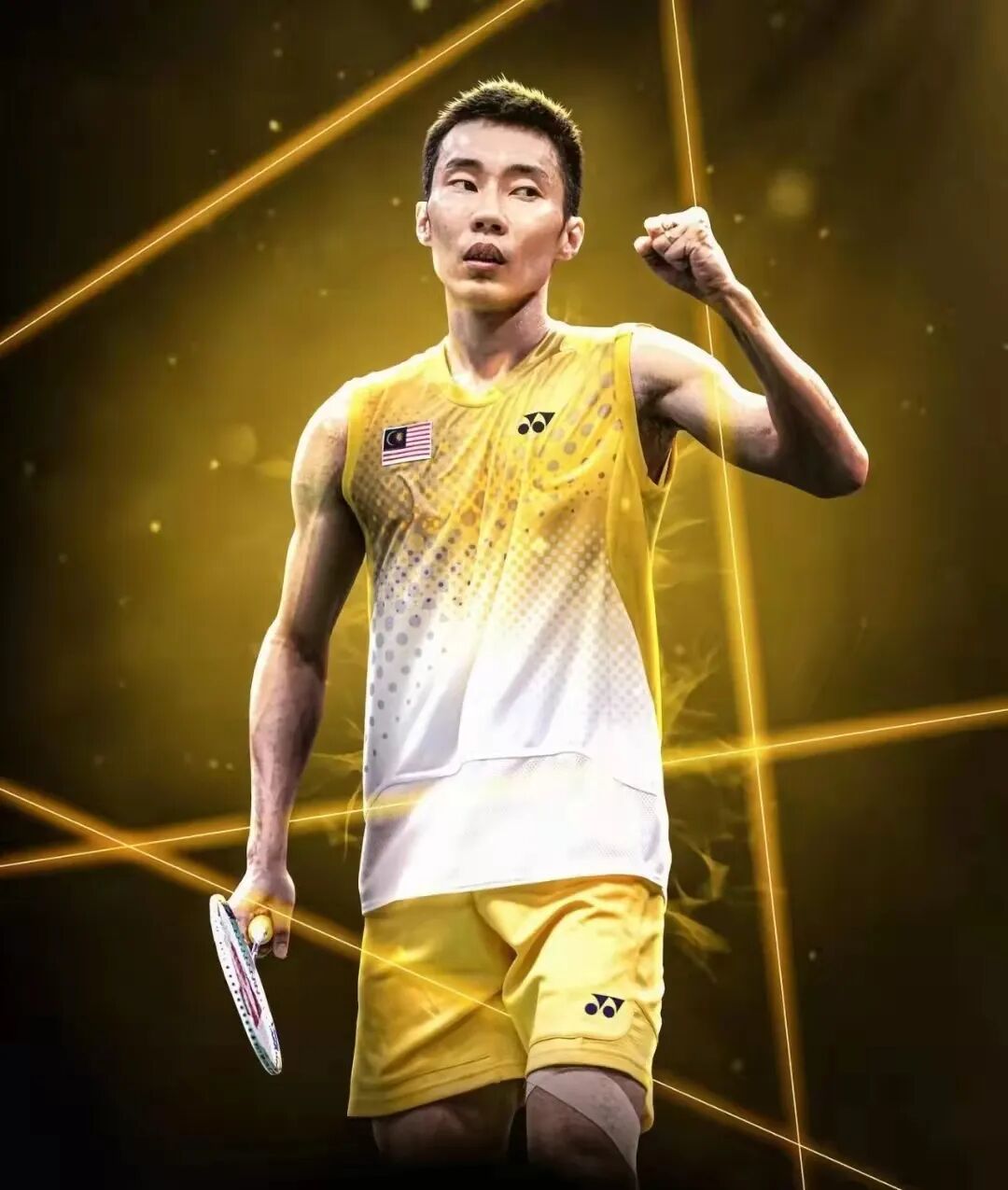
His departure was time's betrayal of a dream. From now on, the badminton dream that had carried an entire generation through their youth comes to an end.
The greatest significance of his existence isn’t measured by the number of remarkable achievements, nor by how long he remained world No. 1, or even by his 40 epic battles against Lin Dan and Lee Chong Wei. Instead, it’s about how he brought a profound respect for humanity to the sport of badminton. While other exceptional athletes may embody the "joy" of playing badminton, Lee Chong Wei radiated a more deeply human-driven "will to survive"—a raw, instinctive drive that resonated with everyone on a fundamental level.
He truly treated the match like a battle—his relentless jumps and powerful swings were a testament to his unwavering determination from start to finish.
People adore him because he doesn’t care about time or place—whenever he sees that vibrant, lush greenery, he gives it his all, pouring every ounce of energy into the moment. It’s an experience so exhilarating and unforgettable that it makes your ticket totally worthwhile—and even justifies those late-night hours spent glued to the TV.
He is the last remaining force in aggressive badminton. As the sport undergoes a generational shift, athletes are now focusing on controlling the pace of play to extend their careers—much like an offensive style of badminton that feels eerily abandoned, its once-vibrant energy buried under layers of time and obscurity. Springy leg movements have all but disappeared, making it nearly impossible to witness full-court attacks anymore. Players no longer embrace the raw, untamed spirit deep within—they’ve lost that primal intensity, that fierce determination, and even the steely resolve in their eyes when facing opponents. After all, humanity, as a highly evolved species, inherently possesses a "wildness" rooted in our animal instincts. Yet, over time, this very "beastliness" has been gradually—and somewhat awkwardly—tamed by the world around us. In today’s more favorable conditions, people have become far more calculating, adept at "reading" situations, and increasingly confident in their ability to outmaneuver others.
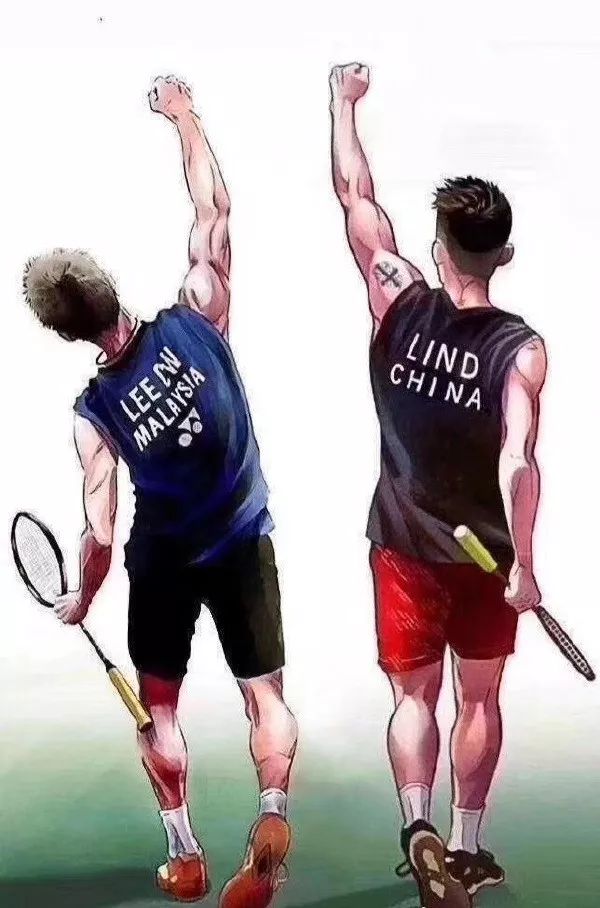
For half of his life, he’s been redefining the sport of badminton. Offensive-style badminton likely won’t reappear in men’s singles for many years to come—instead, training sessions may simply involve disciplined, methodical routines, with no more attempts to push beyond the limits of physical endurance and energy.
He is the last true warrior of badminton—he relentlessly pushes for all-out offense, embodies selfless dedication, and constantly strives to break through his own limits.
Isn’t what he’s holding onto exactly what we, too, clung to during our youth? And wasn’t it precisely in our youth that we were most skilled at throwing caution to the wind?
Flipping through those long-forgotten moments of leaps and dives, shouts and clenched fists, do you suddenly recall how fiercely you once lived—charging ahead with all your might in a world filled with confusion and innocence, refusing to look back even when holding on felt impossible?
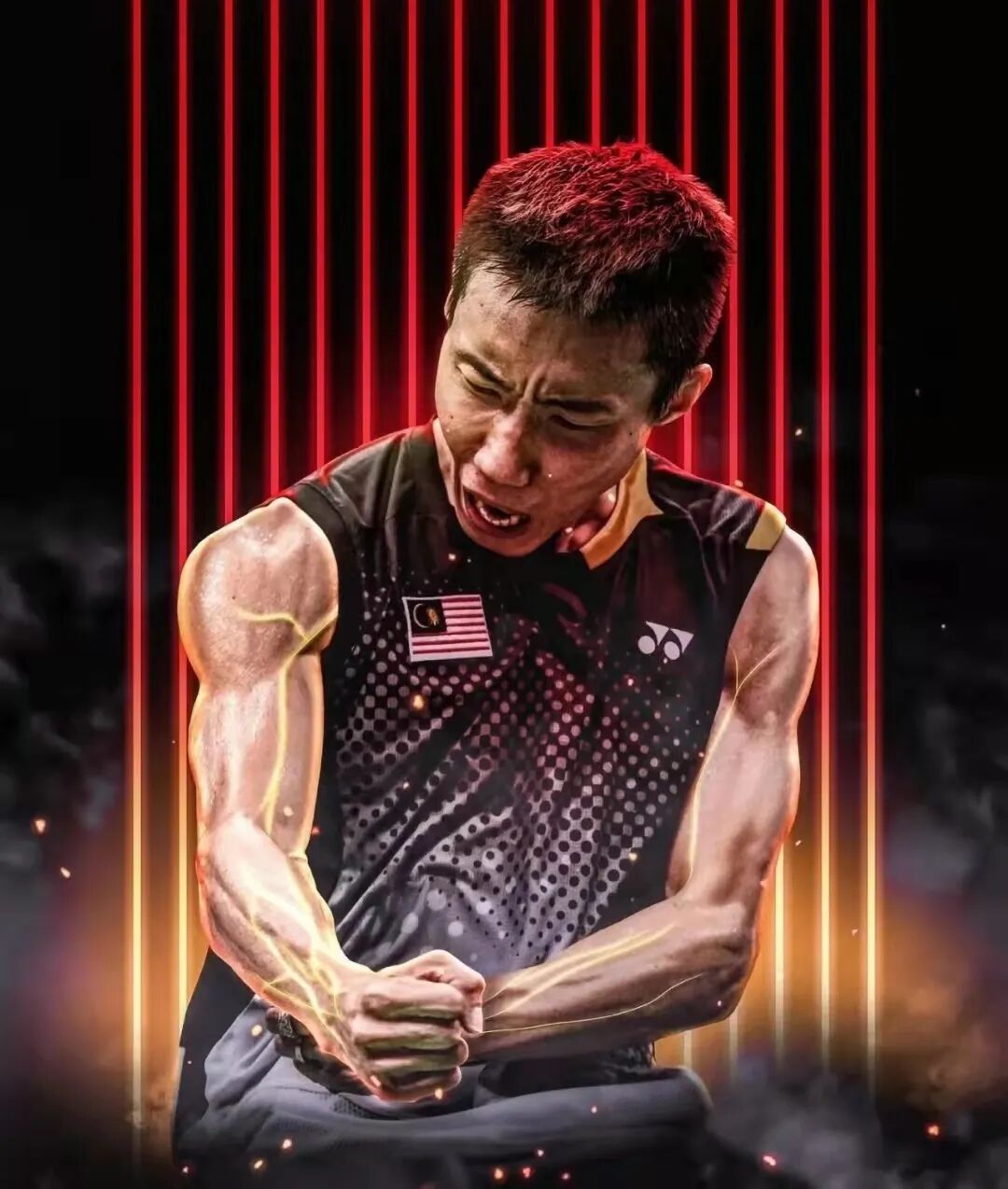
For much of the time, he was steeped in tragedy—much like those towering, epic blockbuster films where the protagonist rarely meets a happy ending. The "uncrowned king" is the public's enduring stereotype of him, as everyone has watched him rise from obscurity, only to experience setbacks and eventual decline—and then watch him pick himself up once again. It almost feels like his life is trapped in an endless, cyclical loop. Yet, he knows exactly how to transform from a humble, impoverished boy into an iconic figure; he’s mastered the art of concealing his pain while boldly embracing the radiant light of countless suns. He understands both the exhaustion of battle and the resilience required to keep fighting—how to triumph, how to numb himself, and yet remain painfully aware of it all.
In the midst of intense love and hate, do you feel grateful for that decisive, serendipitous encounter with him? He has already faced his duel—experienced both the fiercest joy and the deepest sorrow during life’s toughest moments. Perhaps it’s precisely these imperfections that make everything feel just right; after all, the greatest regret in life isn’t losing—it’s never having lost at all.
Yet, whose youth hasn’t known defeat?
He is Lee Chong Wei—great yet also remarkably ordinary.
Passionate, rebellious, tender, and youthful
Loneliness, joy, awkwardness, purity
Youth turns left, while time flows right.
After this parting, he laid down his heavy armor and used a rope to gently restrain the wounded beast within his heart. But after this, what kind of people will we become?
If you don’t watch Lee Chong Wei, you won’t understand true badminton.
Lao Li's Trickster Tactics in the Underworld

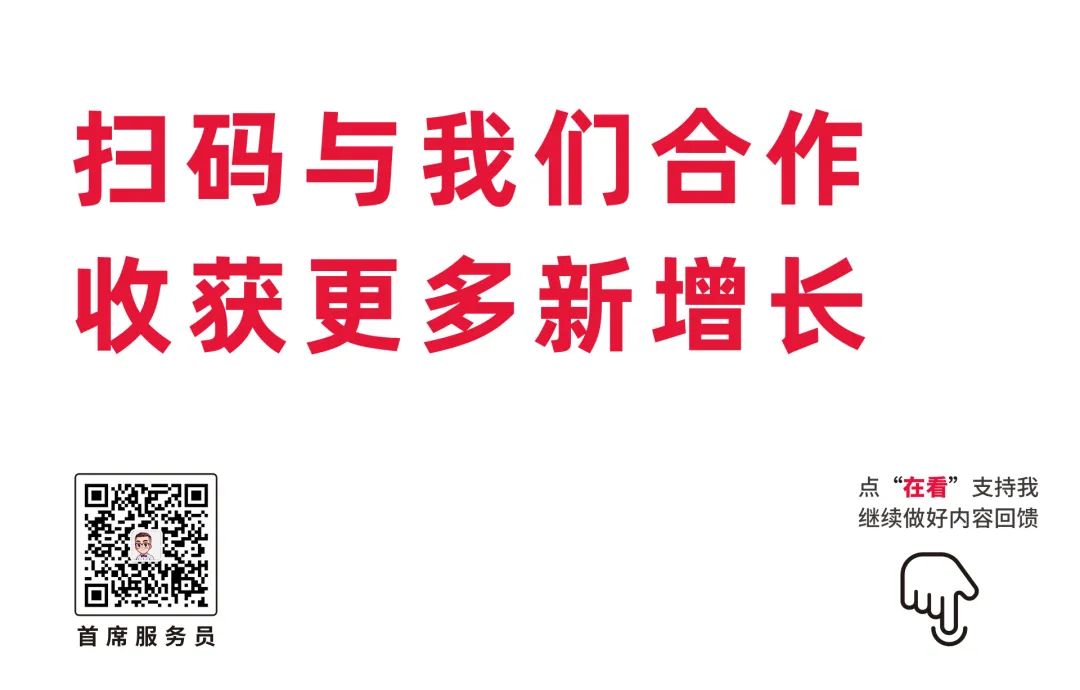
Related Articles
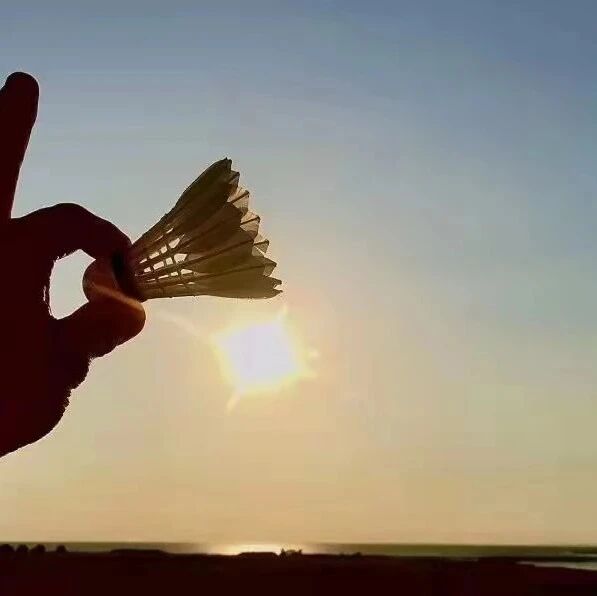
Goodbye 2022, hello 2023! Wishing all our badminton friends a smooth and successful journey ahead!
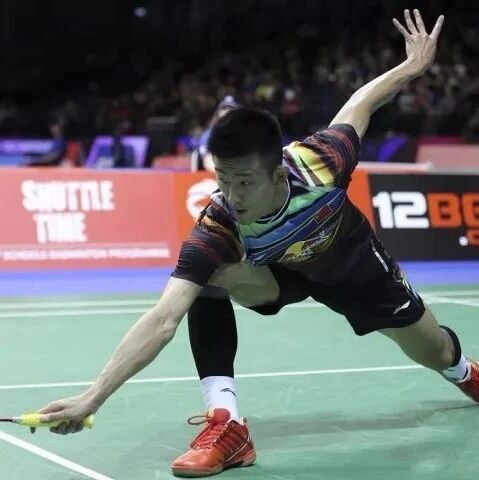
It's cold—want to practice badminton at home? Here's how you can make it even more effective!
